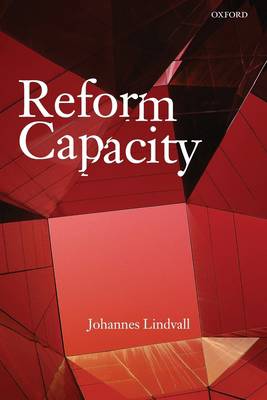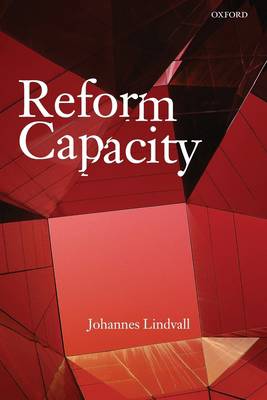
Wil je zeker zijn dat je cadeautjes op tijd onder de kerstboom liggen? Onze winkels ontvangen jou met open armen. Nu met extra openingsuren op zondag!
- Afhalen na 1 uur in een winkel met voorraad
- Gratis thuislevering in België vanaf € 30
- Ruim aanbod met 7 miljoen producten
Wil je zeker zijn dat je cadeautjes op tijd onder de kerstboom liggen? Onze winkels ontvangen jou met open armen. Nu met extra openingsuren op zondag!
- Afhalen na 1 uur in een winkel met voorraad
- Gratis thuislevering in België vanaf € 30
- Ruim aanbod met 7 miljoen producten
Zoeken
Omschrijving
It is often said that effective government requires a concentration of power. If we want our political leaders to adjust public policies to changing economic, social, and political circumstances, we should, in this view, leave our leaders alone: we should put in place electoral procedures that identify a clear winner in each election, and then we should let the winning political party govern without having to cooperate with others. The argument of this book is that this view is mistaken, since it seriously underestimates the ability of political decision makers to overcome democratic paralysis by compensating losers (groups that stand to lose from a reform). Reform capacity - the ability of political decision makers to adopt and implement policy changes that benefit society as a whole - can therefore be achieved in both power-concentration systems (which enable governments to ignore losers) and power-sharing systems (where governments build support for reform by compensating losers). If political decision makers are able to solve the bargaining problems that sometimes complicate negotiations between winners and losers, power-sharing systems have certain advantages over power-concentration systems. The book argues that power sharing can lead to high reform capacity in societies where interest groups are powerful enough to block reforms; the book also argues that power sharing can lead to high reform capacity when reforms have short-term costs and long-term benefits, since power sharing helps to correct some of the short-sightedness that is inherent in democratic policymaking.
Specificaties
Betrokkenen
- Auteur(s):
- Uitgeverij:
Inhoud
- Aantal bladzijden:
- 176
- Taal:
- Engels
Eigenschappen
- Productcode (EAN):
- 9780198846819
- Verschijningsdatum:
- 5/11/2019
- Uitvoering:
- Paperback
- Formaat:
- Trade paperback (VS)
- Afmetingen:
- 155 mm x 229 mm
- Gewicht:
- 861 g

Alleen bij Standaard Boekhandel
+ 115 punten op je klantenkaart van Standaard Boekhandel
Beoordelingen
We publiceren alleen reviews die voldoen aan de voorwaarden voor reviews. Bekijk onze voorwaarden voor reviews.











